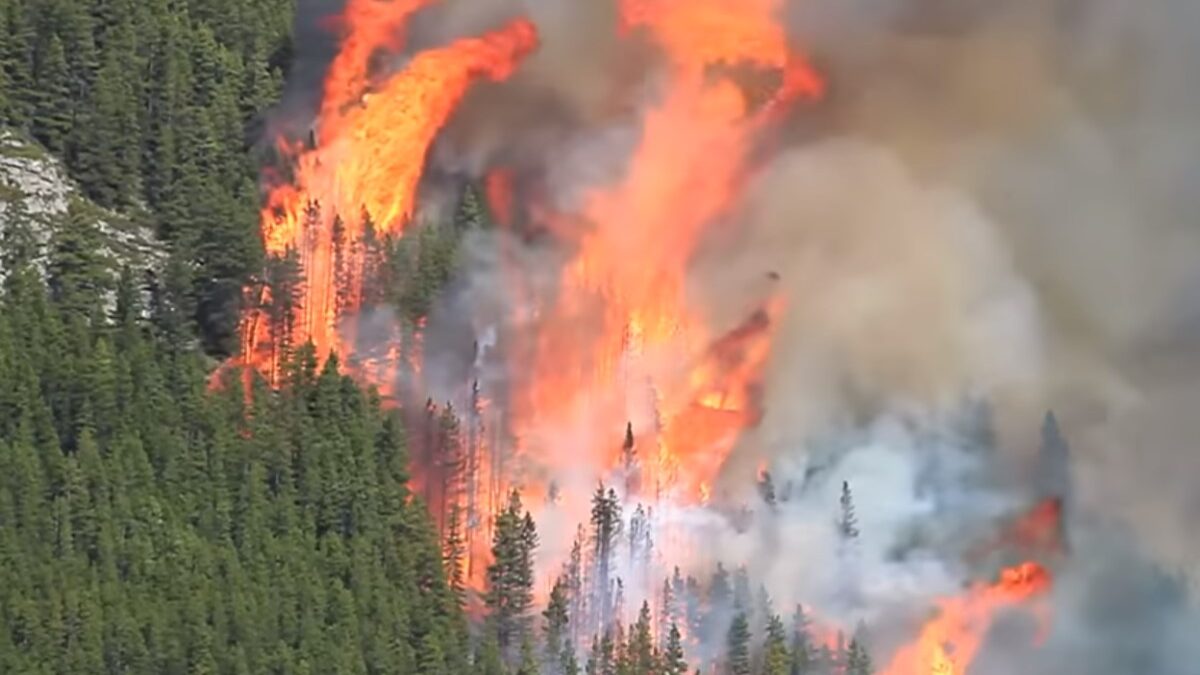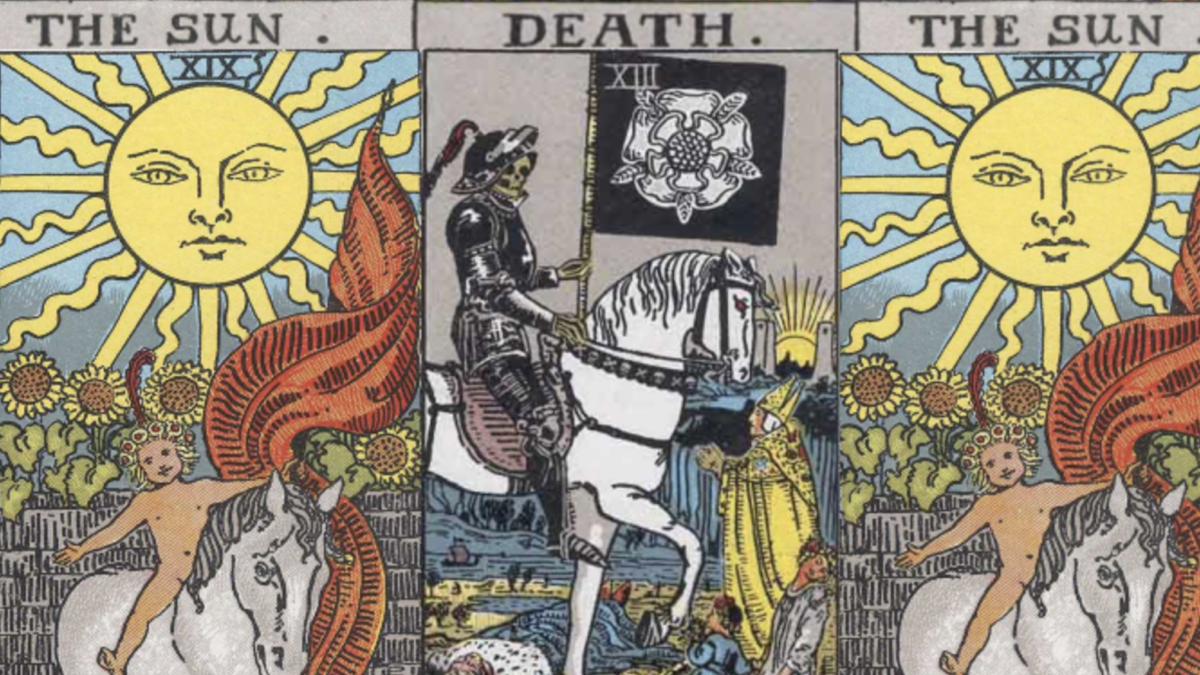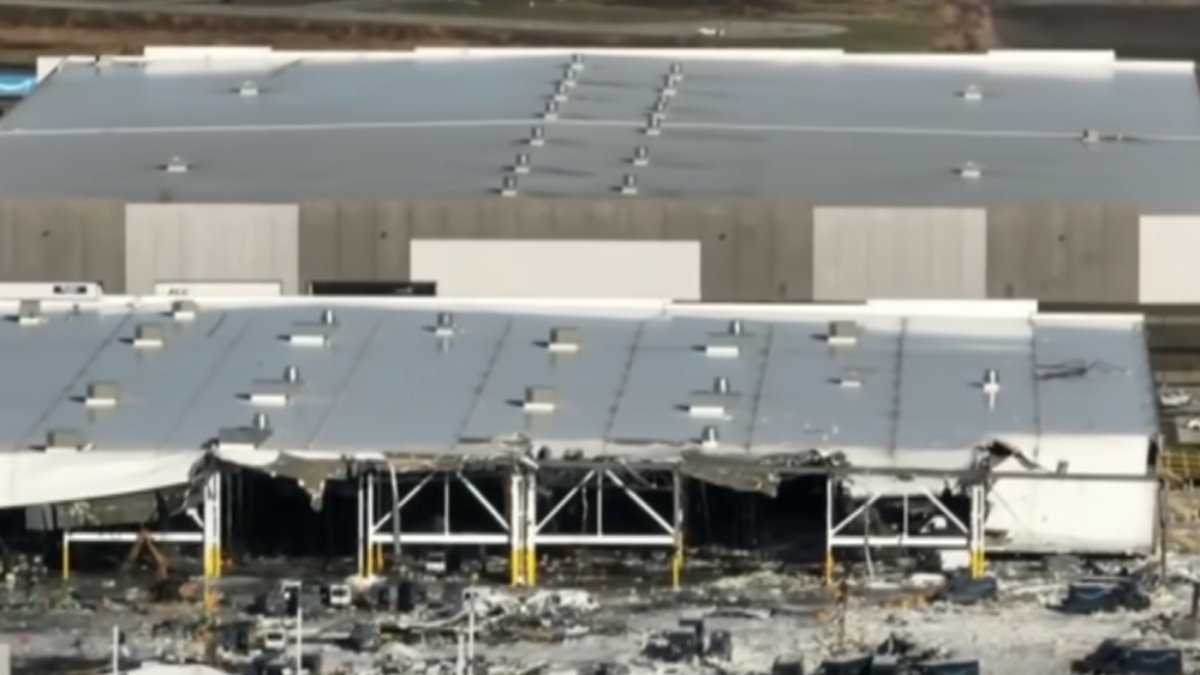
Just as Hurricane Harvey was about to hit Texas last week, The New York Times did something that may have surprised its readers. While the rest of the nation was holding its breath as it wondered how those affected by the storm would fare, liberal elites were worried about the safety of their beliefs about the climate. Yet the flagship of liberal journalism published an article that poured cold water on the notion that climate change caused the devastation on the Gulf Coast.
As anyone who remembers Al Gore’s movie “An Inconvenient Truth” knows, the 2005 film claimed climate change was increasing both the frequency and intensity of extreme weather events like hurricanes. That’s the sort of easy to understand conventional wisdom that has become an entrenched part of American culture and earned the former vice president the Nobel Peace Prize.
Since then, anyone who expresses skepticism about global warming, be it the conviction that human activity is its sole cause or whether the catastrophic consequences Gore preached were as imminent as he claimed them to be, were branded “climate deniers” by the liberal faithful. The label “denier” was meant to invoke the scorn decent people feel for those who “deny” historical facts such as the Holocaust. In this manner, debate about the environment and associated issues is effectively and routinely silenced by an indiscriminate wall of contempt that associates anyone questioning any part of the warming orthodoxy as either the moral equivalent of a neo-Nazi or of someone who thinks the earth is flat.
Questioning Conventional Wisdom Is Denier Territory
Yet this tag doesn’t just apply to those who assert the whole concept is a fraud — such as President Trump, who has suggested it might be a ploy by the Chinese to hamstring the U.S. economy — but even to scholars like Danish author Bjorn Lomborg, who believes in climate change but thinks its impact is being deliberately exaggerated to scare the public into backing extreme and ineffective measures.
By that standard, anyone who questioned whether global warming caused hurricanes could easily be called a denier. Yet that’s more or less what the Times did when it felt obliged to unravel conventional wisdom about the climate from coverage of Hurricane Harvey.
In its article, and contrary to the expectations of readers who expect articles that generally assert climate change has an intimate and easily understood relationship with just about anything bad, the Times reported that the connection between hurricanes and warming was “not simple.” Instead, we were told, “Some things are known with growing certainty. Others, not so much.”
The next sentence was worded in a confused and complicated manner. The most recent federal report, “suggested that the science linking hurricanes to climate change was still emerging.” Climate change activists had, the paper said, found that the “trend signal” had not yet risen “above the background variability of natural processes.”
In plain English, that means they found nothing that proved a connection. That’s hardly surprising, since it had been 12 years since such an intense hurricane had hit American shores. In other words, even if you believe in a warming planet, the evidence shows that during the last decade when Gore claimed such storms would increase, nothing of the kind happened.
We Know Far Less About Climate Than We Do Know
The article and a subsequent one did examine the claim that a warming climate made storms more intense and might be responsible for the heavy rain that caused devastating floods in Texas. But here again, firm evidence was lacking. Warmer water means more rain but, as even the paper points out, the waters in the Gulf of Mexico are already very warm this time of year. Those who wanted their climate biases confirmed were disappointed.
Only a fool would deny that in just the last few thousand years of recorded history, there have been a number of warming and cooling periods. If we are in a warming period now, the question is what is causing it and what it will ultimately mean for events like hurricanes. Nor is denial of any warming the same as skepticism about Gore’s hysterical claims about hurricanes. Sober observers understand the topic is serious but that much of the rhetoric expended on it is not.
But when this topic is examined in detail, most of the experts — including mainstream liberals who believe in climate change and human causation — understand that what they don’t know is far greater than what they do understand. It is to the credit of the Times that, for once, their articles were informed by that sensibility. Yet we know that in other contexts, that sort of adherence to the scientific method rather than jumping to extreme conclusions can earn scientists and writers the “denier” label.
While Americans concentrate on helping those affected by this terrible storm, that’s something the Times and others who freely smear skeptics in this manner should consider the next time they heap abuse on someone who wants scientific proof before the country is compelled to hamstring its economy due to alarmist orthodoxy.









